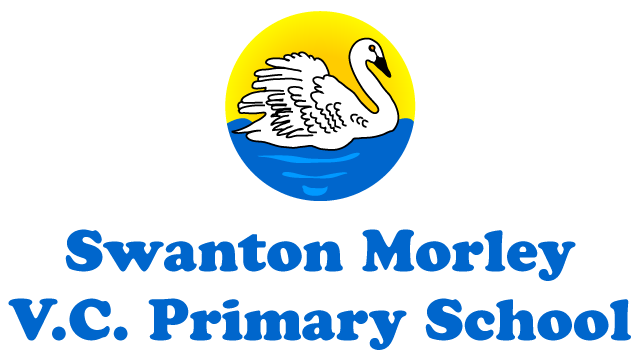Intent
At Swanton Morley we aim to develop a sense of excitement and curiosity about natural phenomena and an understanding of how the scientific community contributes to the past, present and future. The curriculum aims for pupils to develop a complex knowledge of biology, chemistry and physics but also adopt a broad range of skills in working scientifically and beyond. The scheme of work is inclusive and meaningful so all pupils may experience the joy of science and make associations between their science learning and their lives outside the classroom. Studying science allows pupils to appreciate how new knowledge and skills can be fundamental to solving arising global challenges. The curriculum aims to encourage critical thinking and empower pupils to question the ‘hows’ and ‘whys’ of the world around them.
Implementation
To ensure consistency and high-quality teaching across our school in Science, we use the Kapow Science curriculum. Kapow Primary’s Science scheme is a spiral curriculum, with essential knowledge and skills revisited with increasing complexity, allowing pupils to revise and build on their previous learning. A range of engaging recall activities promotes frequent pupil reflection on prior learning, ensuring new learning is approached with confidence. The Science in action strand is interwoven throughout the scheme to make the concepts and skills relevant to pupils and inspiring for future application. Cross-curricular links are included throughout each unit, allowing pupils to make connections and apply their science skills to other areas of learning.
Pupils explore knowledge and conceptual understanding through engaging activities and an introduction to relevant, specialist vocabulary. As suggested in Ofsted research review: science (April 2021), the Working scientifically skills are integrated with conceptual understanding rather than taught discretely to provide frequent but relevant opportunities for developing scientific enquiry skills. The scheme utilises practical activities that aid in the progression of individual skills and provide opportunities for full investigations. In EYFS (Reception), pupils build a solid foundation for science before transitioning to Key stage 1. Through hands-on exploration and focused observations, lessons spark curiosity and foster an early appreciation for the natural environment, paving the way for more structured scientific learning in Key stage 1.
Lessons incorporate various teaching strategies, from independent tasks to paired and group work, including practical, creative, computer-based and collaborative tasks. This variety means that lessons are engaging and appeal to those with different learning styles. In Year 1, the transition into the Key stage is eased by providing a selection of activities: some adult-led, some independent tasks and some that can be used during continuous provision to suit your set-up. Literacy is developed through the identification of key vocabulary which is modelled and encouraged in pupil’s oral and written explanations.
Impact
Each lesson has a clear learning objective and assessment criteria, which supports teachers to formatively assess the pupils during each lesson and identify possible misconceptions. At the end of each term pupils are assessed using a point in time assessment which identifies any pupils who are on track or requires additional support.


